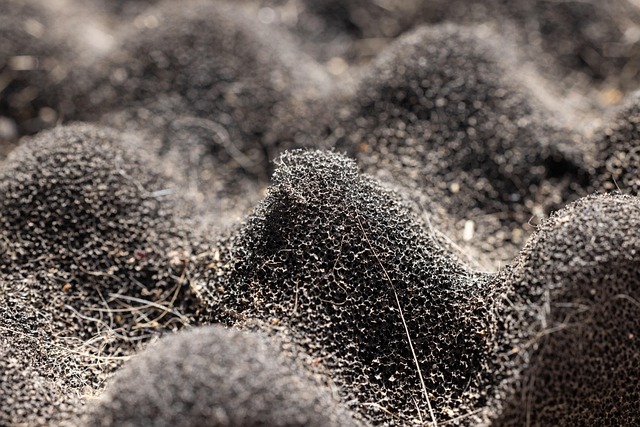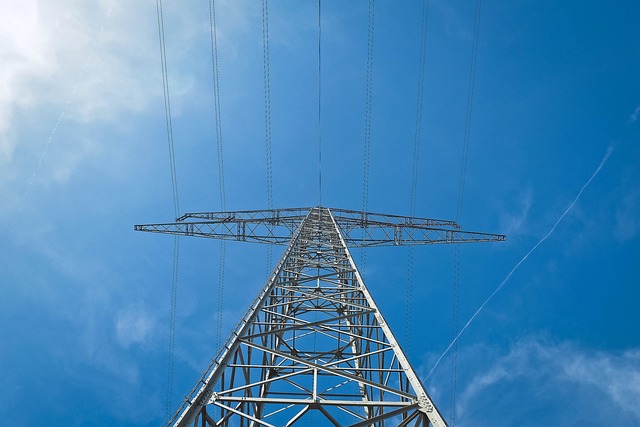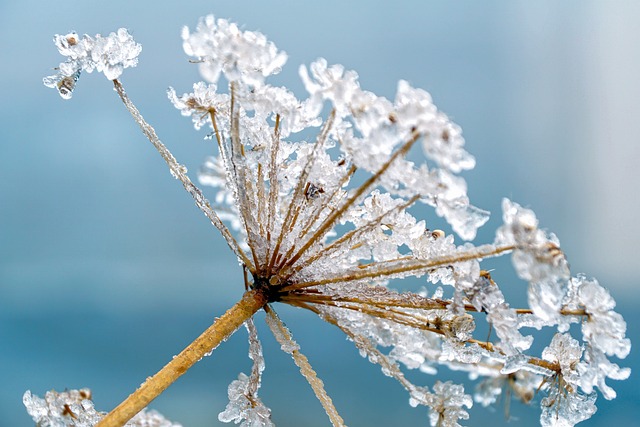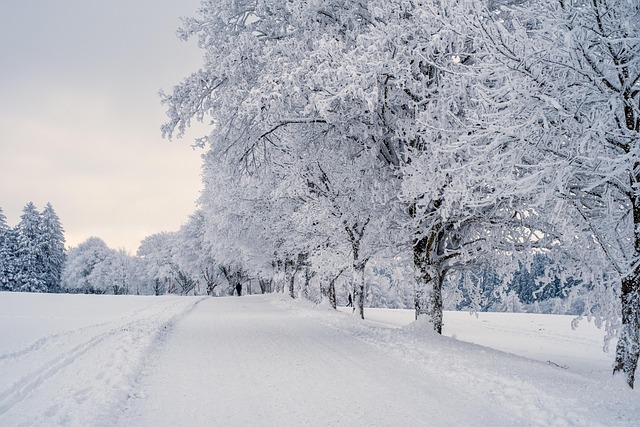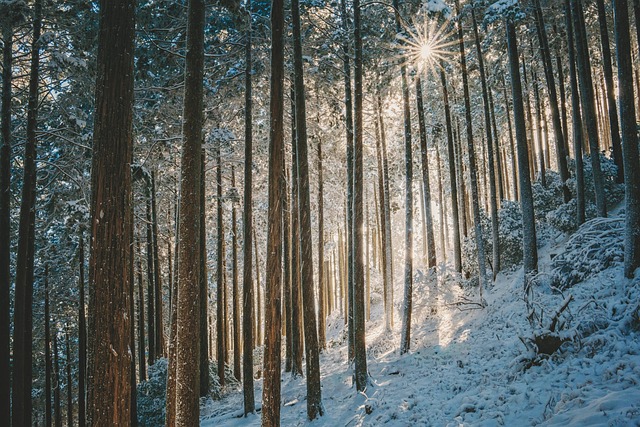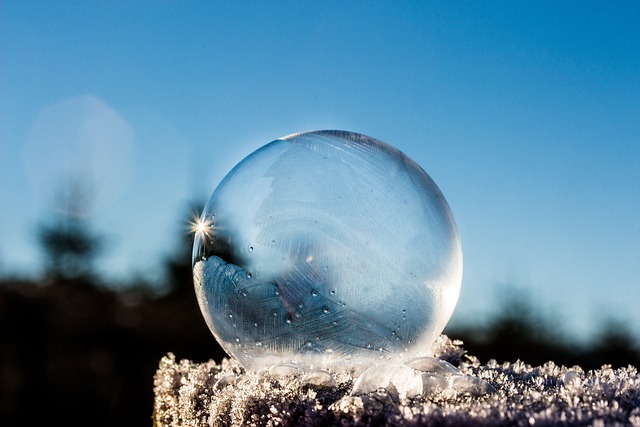Protect your home from cold-weather plumbing issues by implementing essential winter plumbing tips. Insulate exposed pipes, perform regular maintenance checks, and maintain a warm indoor environment to prevent pipe bursts and water supply disruptions. Use thermal protection products, check for leaks, install expansion tanks, prepare an emergency kit, and thaw frozen pipes safely to ensure your home stays comfortable and safe during freezing winters.
Staying ahead of freezing temperatures is crucial to protect your home’s plumbing system during winter. Understanding how cold weather can damage pipes, cause leaks, and lead to costly repairs is essential. This guide provides comprehensive winter plumbing tips for maintaining a comfortable indoor temperature above freezing. From prevention strategies like insulation and heat sources to emergency preparedness plans, we cover everything you need to know to safeguard your home’s plumbing all season long.
- Understanding Freezing Temperatures and Their Impact on Plumbing
- Essential Winter Plumbing Tips to Prevent Freezing
- Maintenance Routines and Emergency Preparedness for Freezing Conditions
Understanding Freezing Temperatures and Their Impact on Plumbing

Freezing temperatures pose a unique challenge for homeowners, especially during winter months. When water within plumbing systems is exposed to cold air and drops below freezing, it can expand and cause pipes to burst. This not only leads to costly damages but can also result in significant disruptions to your home’s water supply. Understanding the impact of freezing temps on plumbing is crucial for effective winter plumbing tips.
To prevent these issues, it’s essential to insulate exposed pipes in areas prone to freezing. Additionally, homeowners should consider using heat tape or thermal protection products to maintain a consistent temperature along vulnerable sections of piping. Regular maintenance checks and insulating water heaters are also recommended winter plumbing tips to safeguard your home from cold-weather related plumbing problems.
Essential Winter Plumbing Tips to Prevent Freezing
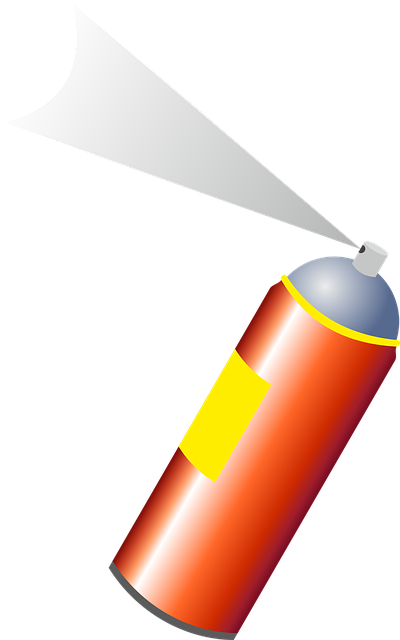
To keep your home safe from freezing temperatures this winter, incorporating some essential winter plumbing tips is crucial. One of the primary concerns is preventing water pipes from freezing and bursting. Start by insulating exposed pipes in your basement or attic using materials like foam insulation or heating tape. This simple step can significantly reduce the risk of pipe damage caused by extreme cold.
Regularly checking for leaks and fixing them promptly is another vital winter plumbing tip. Frozen pipes often lead to leaks when they thaw, so ensure all fixtures, faucets, and valves are in good working condition. Additionally, consider installing thermal expansion tanks to absorb pressure changes within your plumbing system, further protecting it from cold-weather stressors.
Maintenance Routines and Emergency Preparedness for Freezing Conditions

Maintaining a warm indoor environment is essential, especially during freezing weather. A consistent routine can help prevent pipes from freezing and potential water damage. Start by setting your thermostat to a comfortable temperature, typically above 70°F (21°C), to keep your home heated effectively. Regularly check all sources of heat, including radiators, heaters, and fireplaces, ensuring they are functioning correctly. Insulating windows and doors is another crucial step; seal any gaps with weatherstripping or caulk to prevent cold air intrusion.
Being prepared for emergencies is vital when it comes to winter plumbing tips. Create an emergency kit that includes a thermal insulation blanket, heat source like hand warmers, and a de-icer for pipes. If a pipe does freeze, act quickly. Thaw it gradually using hot water or a heating pad, preventing rapid temperature changes. Never use open flame heaters or torches, as they can cause damage or ignite nearby materials. Regular maintenance and being proactive during freezing conditions will ensure your home stays safe and comfortable all winter long.
